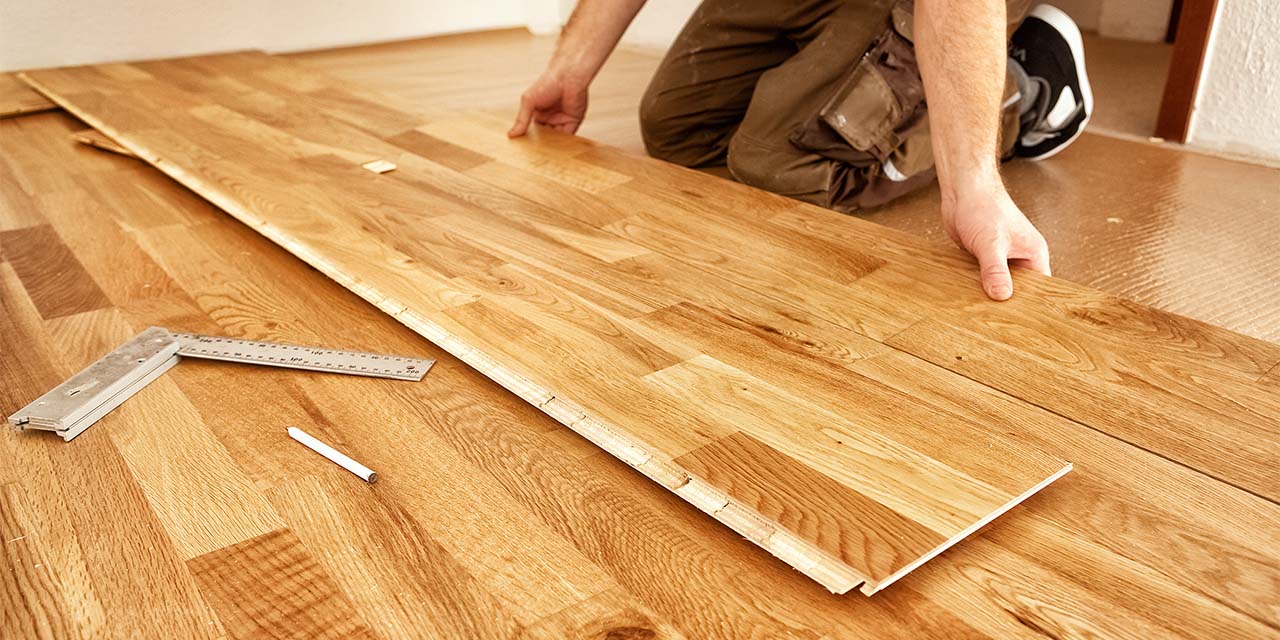
How Many Solar Panels Do I Need to Power a House?
In recent years, solar panels have witnessed an exponential rise in popularity. Primarily it is attributed to the growing environmentally conscious actions and the aim to lower energy costs by replacing conventional power sources, heating, and cooling with cleaner, more sustainable alternatives. So, if you are considering such a solar transition, the good news is that it is the best time to do so! At this stage, many new solar users are anxious about solar PV system costs, the number of solar panels, solar backups or batteries, space, etc. Fortunately, we have covered various aspects in this exhaustive blog to assist new solar consumers in making the best decision for their residences or businesses.
Table of Contents
How to Determine the Required Number of Solar Panels?
To determine how many solar panels are required for a specific place, here is a basic formula that includes the estimation of three key factors; panel wattage, annual energy usage, and solar power production ratios. To make it simple for common solar consumers, below we have elaborated on each factor briefly.
Annual Electricity Consumption
To begin, solar consumers need to assess their yearly electricity consumption, which denotes the total amount of electricity utilized by their entire household over one year. The specific value is measured in kilowatt-hours (kWh) and encompasses all electricity usage within domestic or commercial space. A normal household would include various appliances, lights, air purifiers, air conditioning units, and water heaters. According to the EIA (Energy Information Administration), the average household consumes approximately 11,000 kWh of electricity annually.
Solar Panel Wattage
When selecting the optimal solar panels, almost every panel appears similar, but built-wise and functionality-wise, panels are different. Therefore, it is critical to be aware of their wattage before buying and installing. The panel wattage represents the power output from the solar panel. Solar panels vary in power, ranging from 250 to 400 watts. Most of the time, 300 watts is considered the average panel wattage.
Solar Power Production Ratios
Solar panel power production ratios are their capacity to convert sunlight into electricity. It is the quantity of the assessed energy output (in kWh) over time to the real solar system size (in W). It might be assumed that this ratio is 1:1, indicating a direct output-to-input relationship. However, variations in sunlight exposure affect this ratio.
For instance, a 10 kW system generating 16 kWh of electricity annually will have a production ratio of 1.6 (16/10 = 1.6). Locations like Hawaii, with extended daylight and consistent sunshine, can achieve such ratios, while cloudier regions like rainy New England might experience an average production ratio of only 1.2.
Simple Formula to Calculate the Required Number of Solar Panels
A simple for to calculate the number of solar panels required for a solar PV system:
Number of panels = production ratio/system size/panel wattage
For instance, if you need a solar PV system of 11,000kW with a 1.6 solar power production ratio and standard wattage of 300 W, we need to put this info in the formula to find out how many solar panels will be required for this specification.
The number of panels = 1.6/11,000 kW/300 W
= approx. 20 to 25 solar panels
So, it is an easy formula, and solar consumers can use it to determine the number of solar panels needed to power particular places. Solar users can also refer to their energy bills to determine the above requirements.
How to Get Solar Panels for Home or Business?
After determining the number of solar panels, the next step is finding reliable sellers or retailers to purchase them. Here are some reliable places to purchase solar panels:
- Professional solar installers
- Local retailers or third-party companies
- Home improvement companies
- DIY solar kits (for small projects only)
Some of the best solar panel brands:
- Jinko
- Panasonic
- Q-cells
- REC Solar
- Trina Solar
- Tesla
- Growell
Life of Solar Panels
Solar panels have varying lifespans most solar systems last for 20 to 25 years or more. Solar panels have a durable build to bear various weather conditions. Often, solar panels come with a warranty covering a specific number of years, but in many cases, they can last 50 to 80% longer than the warranty period.
Final Thoughts
If you decide to buy solar panels without a professional installation service or want to go for a Do it yourself DIY solar kit, it is significant to verify their compatibility with your home or business electrical system. However, it is good to consult professional installers or solar experts for the proper and efficient setup of solar panels. In either case, ensure that purchase solar panels from reputable suppliers, as these solar retailers provide industry-standard warranty. Retailers provide original brands with excellent customer support and after-sales service.



